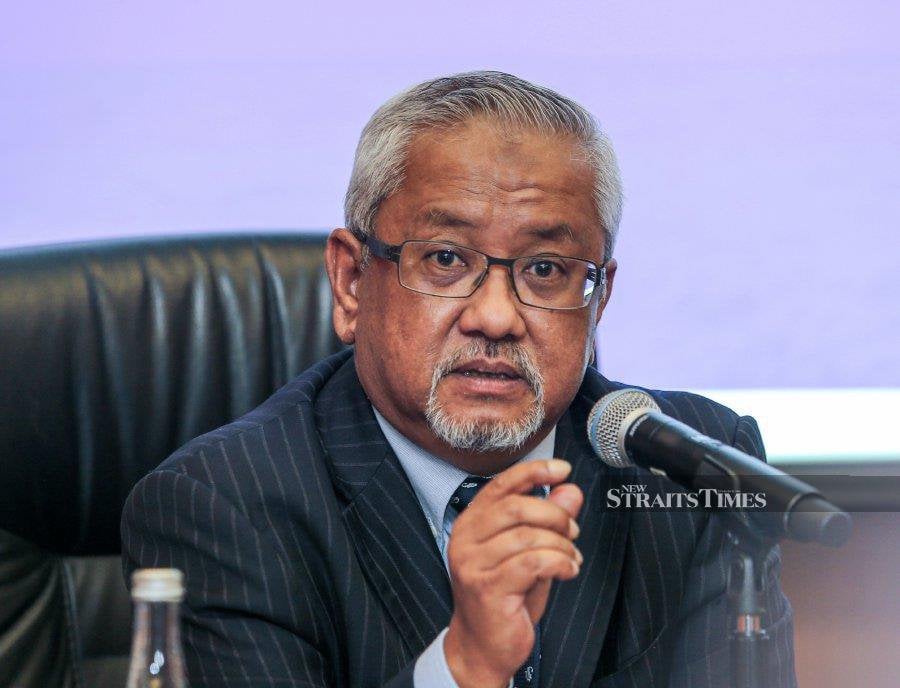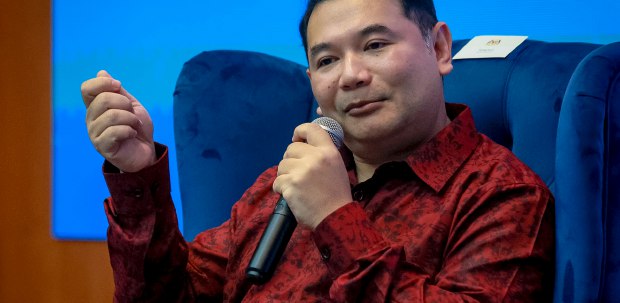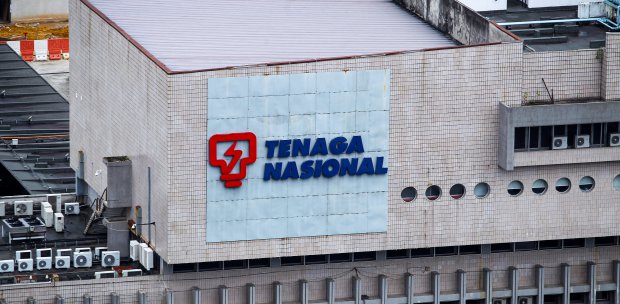KUALA LUMPUR: Malaysia is on track to achieve zero net emission by 2050 following the announcement of the National Energy Transition Roadmap (NETR), according to the Energy Industries Council (EIC).
EIC regional director for Asia Pacific Azman Nasir said this is further supported by an announcement made by Economy Minister Rafizi Ramli about Malaysia being in the lead for the energy transition index.
Azman, however, stressed that the zero emission target would diminish if the country could not keep the momentum and pool of funding towards decarbonisation.
"Overall, considering everything, we are okay. But if we don't keep our momentum and there is not enough money....
"Therefore just like what the Prime Minister has said before, we need to have external funding or foreign funding to do this," he said at a media briefing on Oil and Gas Asia (OGA) 2023.
He added that to gain funding traction, there is a need to establish more projects within the renewable energy and make energy transition realm more attractive.
On energy transition, Azman said the country needs its own pathway in carving out strategies to undertake the transition.
The EIC, he added, is encouraged to see various initiatives that clearly define the government's effort in energy transition.
He said more conversation needs to happen to find the most realistic way to adapt the transition to the country as well as the region, which include decarbonisation.
"The EIC conference in OGA 2023, is all about decarbonising oil and gas which covers on how companies can relook at their operations and come out with the best way to emit less carbon.
"Implementation is also key, perhaps a penalty for emitting a certain level of carbon will increase the awareness and push the company to be more proactive as it costs money," he said.
On Malaysia's infrastructure for renewable energy projects, he emphasised that infrastructure is key in attracting investors.
"If there is no infrastructure, investors will think twice about coming here. There are many options for investors to come, either to Malaysia, Vietnam or Thailand," he added.





